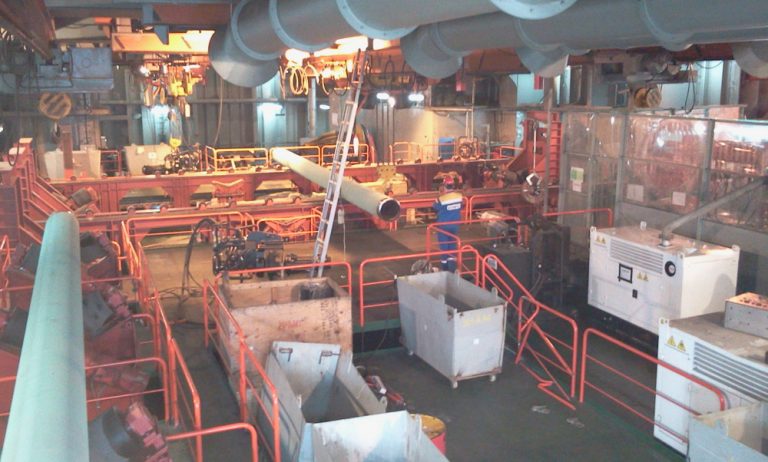

If the pandemic has created a permanent memory for consumers it is likely that more Americans understand the vulnerability of the supply chain. Back in March when consumers struggled to find essentials like toilet paper, cleaning supplies, and other kinds of products, the transportation industry was working to efficiently deliver the items that were most needed. The production of these goods was, of course, the most important, but ht timely delivery of these goods was as well. This meant that many companies were looking at long term solutions to meet the need of paying for expenses in advance of the income they were waiting to receive. Long used by many sectors of the economy, invoice factoring provided a type of accounts receivable financing that converts outstanding invoices due within 90 days into immediate cash for a small business. And as the use of small business invoice factoring becomes more and more common as the months of the pandemic drag on, it should come as no surprise that there are even more competitive rates being offered by the top transportation factoring companies.
Nearly 12 million trucks, rail cars, locomotives, and vessels move goods over the transportation network. Every single one of these parts of the complicated transportation network relies on timely delivery. If even one part of the network fails, a delivery can be delayed significantly. And in a time when the delivery of these goods and services is more important than ever before, the use of small business invoice factoring is as well.
Is Your Small Business Surviving the Pandemic?
With as many as 28 million small businesses in the U.S., it is important to note that the economy of the nation depends on the efforts of these companies. As a result, local governments are working to provide creative financing to these small businesses. With the use of small business invoice factoring, many companies have found a way to navigate these challenging economic times. The even greater reality of the pandemic, of course, is that many businesses, both small and large, may alter the way they provide their goods and services to their consumers. Contactless delivery was a necessity in the beginning of the pandemic as entire cities were shut down. Many consumers have since discovered, however, that this contactless delivery may be a profitable platform for many years to come. Differing slightly from the more traditional online shopping that was already increasingly popular, contactless delivery has now evolved into curbside pick up of everything from food and liquor to clothing and construction materials.
As an industry, the long term solutions provided by small business invoice factoring companies are no secret to some. In fact, an increasing number of small business owners have known that factoring companies can help their businesses bridge invoice payment gaps with upfront payments up to 90% of the original invoice. As consumers continue to look for ways to get the goods and services they rely on, it is important that the businesses they need remain open. For this to happen, however, many of these small businesses have had to explore different kinds of financing options. Fortunately, there were initially some personal payment protection funds available that some businesses were able to access. Today, however, most of those funds are no longer available and businesses find themselves looking for other kinds of creative financing options.
The necessity of a reliable transportation network has never been more apparent than during these first eight months of the pandemic. Fortunately, there were some long term solutions already in place to help every part of the transportation network create a better financing option. With the use of business factoring services many small businesses are able to not only survive, but thrive. Being able to rethink the ways that small businesses function has never been more important. And even as the arrival of the first Coronavirus vaccines happen this weekend, there is every indication that the struggle of small business owners is far from over. Are you able to get the products that you need to keep your business afloat? Are you able to pay employees on time?





